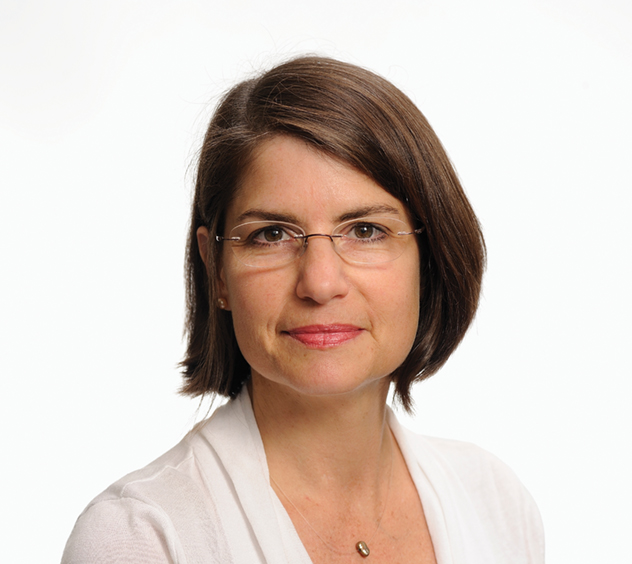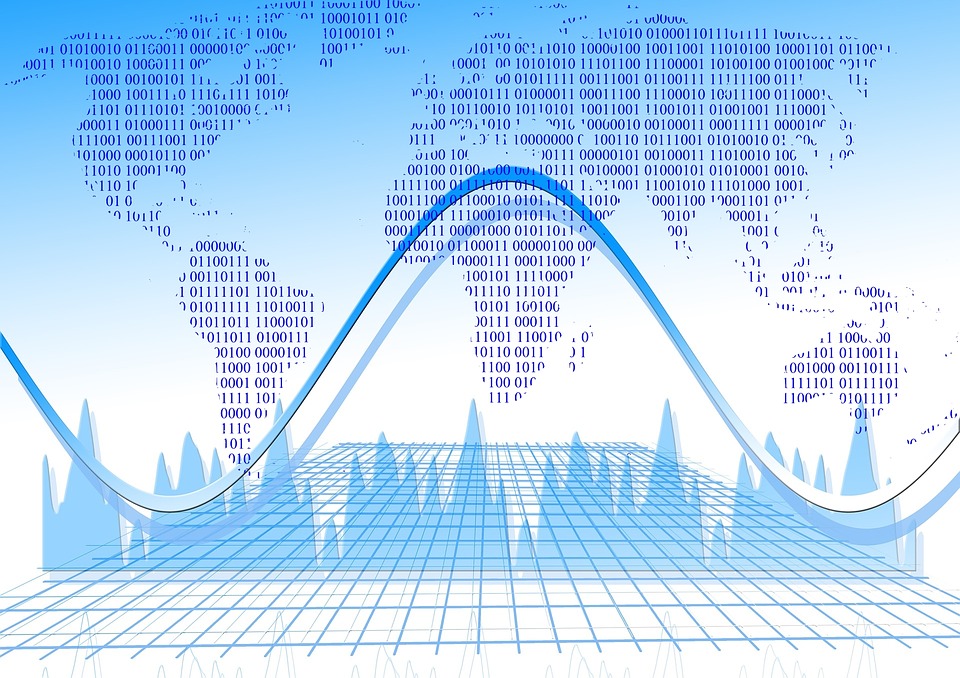Now that my official title is PhD Candidate—as opposed to PhD Student—I’m diving into the data and beginning the analysis phase of my dissertation research. You could say I’m getting my statistics “sea legs.”
The process of building proficiency in the language of statistics reminds me of traveling in countries where a language other than my native tongue is spoken. If I’m traveling in a country in which I don’t know the language at all—let’s use Japan as an example—I’m limited to whatever the pocket translator has to offer. If my destination is a country where French, Spanish, or Hindi are spoken—languages in which I can speak the “functional travel dialect”—still my speaking ability is reluctant until I’ve been there a while.
That’s how I feel about the language of statistics. Or more specifically, the language of the statistical software package Stata, which is used extensively at Johns Hopkins in health science research. I’m not completely naïve to Stata commands having successfully worked my way through three of the “620 series” of biostatistics courses in the Bloomberg School of Public Health. But I certainly wouldn’t claim a professional level of proficiency. Not yet, but I will.
Working with Stata and my dataset this month feels a lot like the first few days in a country where I can’t speak the language well. I’m out of practice and everything I say is a little rough around the edges. But as I absorb myself in the culture and attentively listen to those around me speaking the language of the land, my skills improve. My proficiency with Stata is following a similar pattern.
The data are becoming more familiar to me as I learn more commands and develop a sense of confidence. I can troubleshoot data set challenges, run basic analyses, create command strings and “do- files,” and generate graphics. As my skills develop, my confidence builds. And as my confidence builds, my analysis expands. My adviser, other members of my committee, and a statistics consultant remain essential resources to guide me through territory for which I can’t find a map. But my ability to find my way independently is growing.
And that’s what doctoral education in nursing science is largely about. I’m developing new skills, building confidence, and learning to conduct nursing research independently. It’s a great challenge, and an honor.
ABOUT THE AUTHOR: PAULA NERSESIAN
 Paula Nersesian, MPH, RN, is a PhD Candidate and Lecturer/Clinical Instructor at the Johns Hopkins School of Nursing. Her dissertation research focuses on examining the relationship between loneliness and biomarkers of systemic inflammation, and the influence of social determinants of health. Paula seeks to build on her 30 years of work advancing population health by developing innovative, cost-effective nursing interventions targeting social determinants to improve community health and well-being.
Paula Nersesian, MPH, RN, is a PhD Candidate and Lecturer/Clinical Instructor at the Johns Hopkins School of Nursing. Her dissertation research focuses on examining the relationship between loneliness and biomarkers of systemic inflammation, and the influence of social determinants of health. Paula seeks to build on her 30 years of work advancing population health by developing innovative, cost-effective nursing interventions targeting social determinants to improve community health and well-being.
